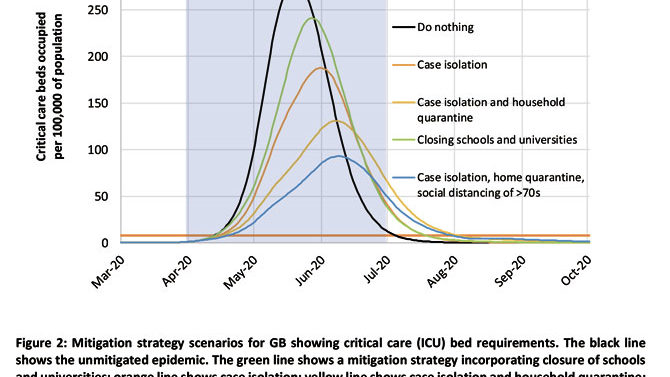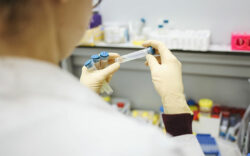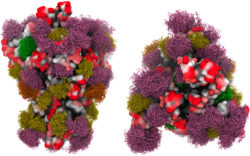It’s hard to believe just how quickly life in Athens has changed in two weeks thanks to the coronavirus. Beginning with UGA’s Mar. 12 decision to suspend classes and the cancellation of all SEC sports events, things escalated quickly when the first case of COVID-19 was confirmed in Athens-Clarke County on Mar. 15.
As of this writing, there have been 16 confirmed cases in Athens and one death. However, it’s likely that there are many unconfirmed cases in our community. As highlighted by a letter from a large list of local doctors and healthcare professionals read at the ACC Commission’s Mar. 19 special called session, there are “likely at least 100 unconfirmed cases in Athens” that merely haven’t been diagnosed because of a shortage of tests. A hundred unconfirmed cases, the letter noted, could easily climb to 600 cases in two weeks without social distancing practices and other measures to help curb exposure. The doctors’ letter, alongside a video from St. Mary’s emergency room physician Lewis Earnest, calls on the ACC to take swift action to help curb local exposure.
As of press time, there have been 1,026 confirmed cases in the state, with 32 deaths so far. That’s up from 121 cases and one death just a week prior. Both state and local confirmed case numbers are anticipated to increase as more tests become available.
While there has been a shortage of tests, Northeast Health District Administrator Emily Eisenman said at Thursday’s ACC Commission meeting that the number of test kits and supplies available locally have increased significantly since the beginning of the week, and they could currently test 20–25 people a day. It takes about three days, on average, to get results back from labs after they are submitted for processing. It should take less time to process them in the future, as private labs are increasingly collaborating on test processing with public health labs.
“We are in a much better place than we were earlier this week,” Eisenman said. “We wish we had more tests, but we’re doing what we can with what we have.”
Social distancing-—keeping six feet from others not in your immediate household, along with practicing frequent hand-washing and covering coughs—is ultimately one of the best ways to curb the risk of increased cases overwhelming Athens’ health care system, said José F. Cordero, a professor of epidemiology and biostatistics at UGA’s College of Public Health and a contributor to the letter from local doctors. In the public health realm, experts cite the need to “flatten the curve,” a term that refers to decreasing the sharply spiking arc of projected cases over time as expressed in a chart.
“There are several models published, and all suggest that social distancing has the best potential of flattening the curve,” Cordero said. “Testing will offer more specific data on the local transmission of COVID-19, and it would help determine what areas in Athens may need more attention to curb its transmission.”
As a result of a slow increase in obtaining testing supplies, there is now more access to testing, such as the newly opened Piedmont Athens Regional Medical Center’s drive-through testing location at the Oconee Health Campus (1305 Jennings Mill Road, Watkinsville).
For now, testing is prioritized and limited to vulnerable, at-risk people as defined by guidelines from the Centers for Disease Control and Prevention: people with symptoms that require hospitalization, people who are elderly, and/or those who have a chronic medical condition. Moreover, anyone who suspects they have COVID-19 must be pre-screened by calling 1-866-460-1119 to see if they meet the requirements for an appointment. Others should contact their primary care physician, according to public health officials.
“Increasing the capacity to test for COVID-19 is good news. It is needed because it is the best way to track the progress of the epidemic here in Georgia,” said Cordero. “Having said that, increasing testing will increase the number of confirmed cases and will give us a better picture of how widespread the infections are. That is very important data to know where to concentrate prevention efforts and to better forecast the demand for health care services to treat those with serious complications.”
Like what you just read? Support Flagpole by making a donation today. Every dollar you give helps fund our ongoing mission to provide Athens with quality, independent journalism.










